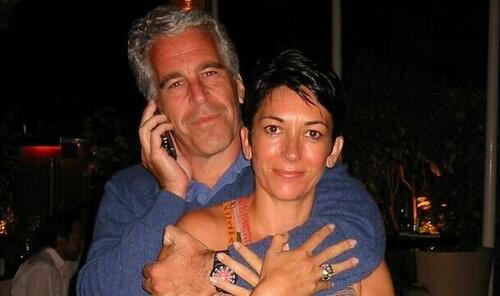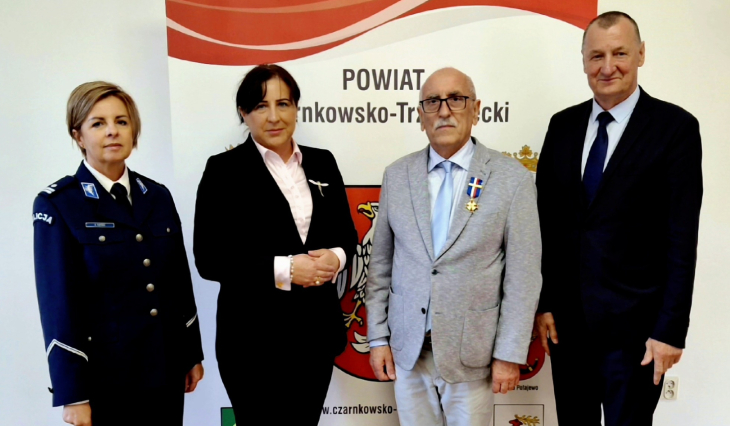Growing and vigorous farmers' protests are multiplying across Europe. The current wave of protests started in Germany at the end of last year and took on specified size that commentators rapidly noticed that these were the largest social protests in Germany since the national Republic was established.
From mid-December to now practically all day there are agricultural protests utilizing large tractors. There have been days erstwhile even 100,000 tractors blocked roads, offices, and another locations throughout Germany.
Their direct origin was the austerity of the government, which besides included the withdrawal of fuel subsidies utilized by farmers and the imposition of taxes on agricultural vehicles which had previously been exempted from this.
The German government expected that specified measures, which reduced farmers' income by just a fewer percent, would be accepted, even more so, as the study of the German Farmers' Association (DBV) shows, the average profit per German farmer last year was over EUR 115 000 (PLN half a million), which is simply a crucial amount.
However, these fresh moves of the government, as well as mediocre prospects for agriculture, stemming from the implementation of the alleged Green Deal, poured out the spell of bitterness and there were mass and long-term protests that were already compared to the peasant war which took place in Germany precisely 500 years ago (1524-1526).
These stormy events, besides referred to as “the revolutions of average people”, have seriously weighed the future of Germany.

The current events besides have the character of a folk revolt against the politics of liberal-left elites from Berlin and Brussels. And it should be noted that farmers' economical demands frequently happen there together with political demands specified as stopping migration and stopping the implementation of sex ideology.
At the same time, the investigation shows that farmers' protests in Germany are now mostly supported by the general public, which, even for those personally affected by roadblocks, is 75 percent. Even more is in France, where 87% are to support agricultural protests.
Donald Tusk in the book "Choice" written with Anne Applebaum expressed his desire to make a European identity, a substitute for the European nation, which, according to his ideas, could focus on cheering European athletes, regardless of which country they come from.
His dream is that people treat the Union like “a beloved football club for which you are willing to fight, in honor of which you sing songs and chant battlewords.”
For me, it is completely naive to think, especially erstwhile we put it together with the fact that Tusk, with his base historical education, should have the thought that specified an evolution of identity, which can lead to the treatment of the Union as a beloved football club, is completely impossible.
On the contrary, the formation of nations in Europe was precisely about acting against universal power. If Tusk had forgotten it or didn't know it, it was the present peasant rebellion that must have made him aware of it.
This revolt, which, above all, is directed against the policy of EU bodies, rapidly expanded from Germany to most of the countries that belong to the Union. akin occurrences have occurred or have occurred in 15 another EU countries.
Also in Poland there have been occurrences of farmers and it must be admitted that Polish farmers can have even more than German farmers. Starting with the fact that the income of the average Polish agricultural holding is only PLN 63 thousand, which is simply a very tiny amount compared to the half million German farmer mentioned above, by the fact that the full debt of Polish farmers is expanding and is now over PLN 28 billion, and ending with the threat that the influx of competing products from Ukraine is straight threatening the functioning of agriculture in Poland.
It is worth recalling that the situation was already last year that in the Lublin region a share of maize was left in the fields, as the cost of its gathering was higher than the possible amount obtained from the sale.
The current negotiations on the cost-effectiveness of production, due to the further decline in buying prices, are even worse and many farmers wonder whether to sow fields at all.
Taking into account the above, it is hard not to announcement that fresh protests by Polish farmers, despite their universality, were very moderate, simply polite, without blocking motorways and major roads. Apostasy was a protest in Bydgoszcz, where any hay was thrown into the provincial office and tires were lit in front of the building. 3 puppets were besides hanged to present EU Commissioners and president Ursula von der Leyen.
Farmers who wanted to enter the provincial office were treated with gas due to the fact that they were most likely afraid that they would start occupying the building, which would be a tradition, given the events in Bydgoszcz in March 1981.
It can be assumed that this deficiency of determination of agricultural protests in Poland stems, in part, from the fact that agricultural organizations do not presently have, since the death of Andrzej Lepper, a charismatic leader, as well as from the fact that it has not been adequate time since the last elections, which always mean any calming of moods and any hopes towards the fresh government.
The current Minister of Agriculture, Mr Siekierski, stated, which is paradoxical, that farmers' protests are justified and that imports from Ukraine will should be completely blocked in any areas. Similarly, another deputy minister of this resort, 1 known for sniffing sugar from Ukraine.
This kind of court-martial treatment should be regarded as measures aimed at weakening the strength and degree of agricultural protests, which may inactive be limited in effect today, due to the fact that power, due to its freshness, has some, but less, capital of trust.
But this will shortly pass and further protests will shortly be expected, including another industries, and increasingly extremist and widespread.
This is the logic of specified events, and if the European Commission does not leave the Green Deal and another specified ideas, the result of the next elections to the EP that are already close to it may well surprise the current Eurocrats and their supporters in the governments of individual countries.
Stanisław Lewicki


















